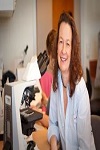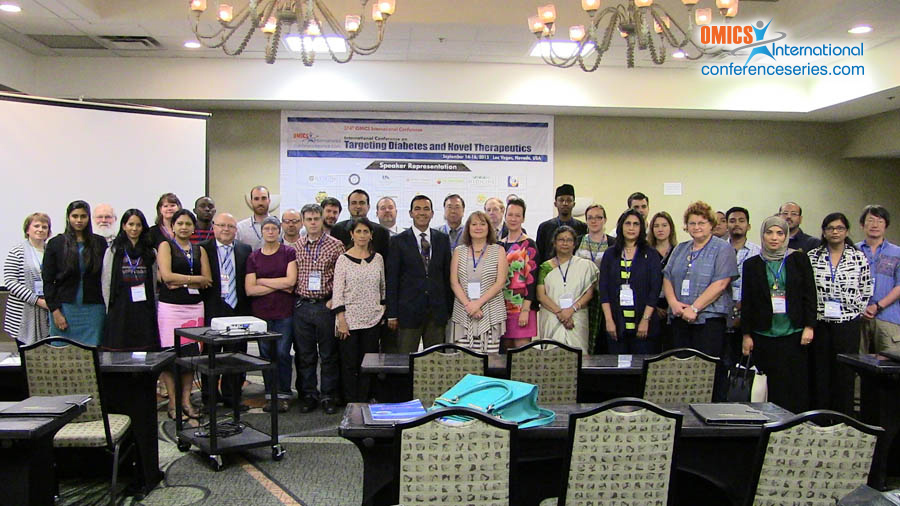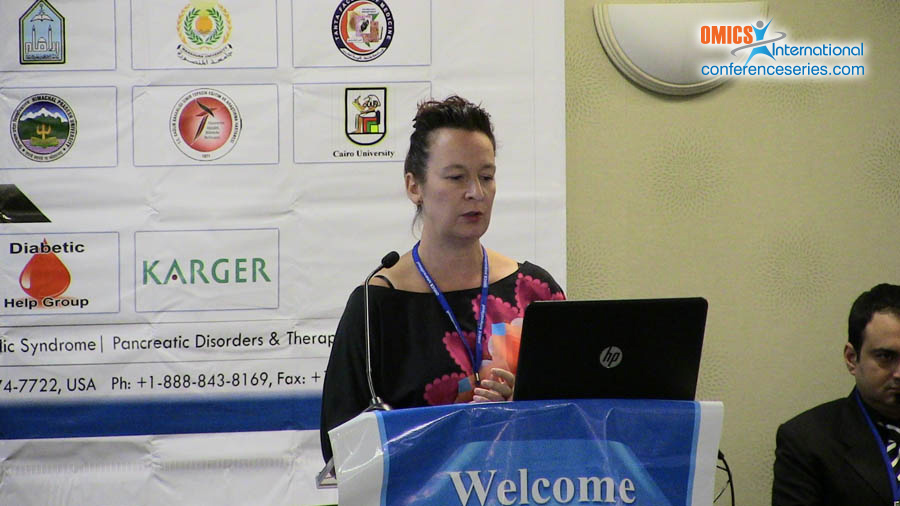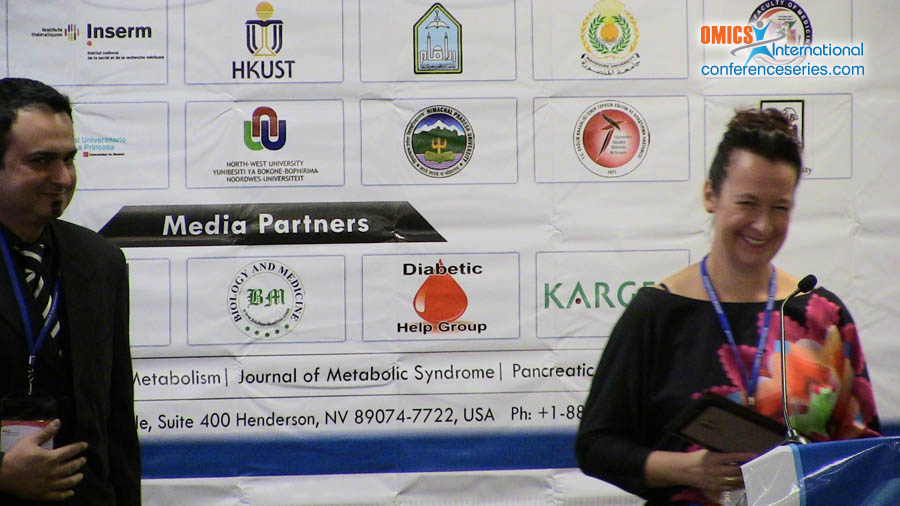
Maria Faresjo
Jonkoping University, Sweden
Title: Psychological stress- Possible risk factor to induce and maintain autoimmunity in children
Biography
Biography: Maria Faresjo
Abstract
Autoimmune diseases, such as type 1 diabetes are alarmingly common in children and teenagers. Psychological stress, recognized as a public-health issue in children and teenagers, may be one mechanism possible to induce autoimmunity and autoimmune diseases. Type 1 diabetes but also other autoimmune diseases such as celiac disease, systemic lupus erythematosus and juvenile idiopathic arthritis, frequently occurring in children may be induced by psychological stress. Psychological stress is defined as a state of threatened homeostasis or disharmony induced by various physical or psychological stressors such as disease, loss of a loved one, or marital conflict in the family. Confronted with a stressful condition, the body´s stress-regulation systems activate a multiple cascade of defense responses that involve several body systems for example the immune system. The role of the immune system in regulating brain and behavior is probably one of the fastest developing fields of modern science and the importance of T-cells in brain function has been clearly demonstrated in mouse model. A limited number of studies have this far evaluated the involvement of psychological stress in autoimmune response and disease in children. We have recently shown that small children exposed to high level of psychological stress show an imbalance in their immune system and an autoimmune response associated with type 1 diabetes. Consequently, psychological stress can possibly be an important risk factor to induce and maintain autoimmunity in children.



